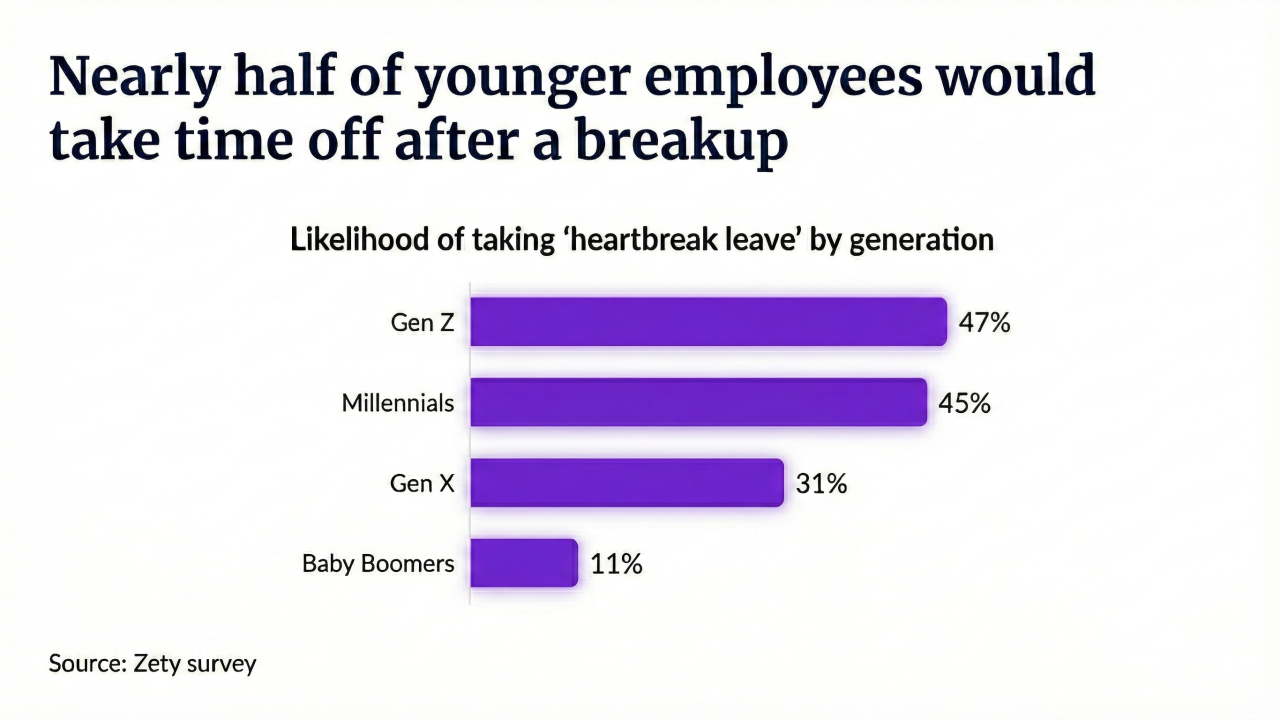When it comes to
According to the American Urological Association, infertility affects up to 15% of men in the U.S. Whether due to a hormone imbalance, a blockage of sperm movement or an underlying health condition, the CDC estimates that overall, men make up one-third of
And yet, male infertility goes largely undiagnosed and untreated due to stigmas surrounding male health reproduction — men do not want to look weak, and for some, that may mean avoiding the doctor altogether, explains Dr. David Adamson, founder and CEO of ARC Fertility, a fertility benefits provider.
"Men don't want to participate in a clinical workup because of the social construct that this is a woman's problem and not theirs," he says. "Historically, property and power were passed on through children, so not having a child was a very serious problem. Still today, a lot of the [stigma] is around not appearing to have power and control."
Read more:
Dr. Adamson also points out that men are just less in touch with their biology compared to women, who, in some capacity, often have to deal with it at least once a month. Men, on the other hand, are less likely to seek medical attention, whether it's because they aren't paying attention to certain changes in their body, are afraid to ask for help or a combination of the two, says Dr. Adamson. According to the CDC, women are 33% more likely to visit the doctor and 100% better at engaging in preventative care.
These social stigmas around healthcare and family-building often lead to men being left out of the fertility conversation. But Dr. Adamson stresses that this is a status quo U.S. families cannot afford. He points out that tests like semen and hormone analysis aren't usually covered by health insurance, while treatments like sperm retrieval can cost up to $12,000, according to WinFertility.
Read more:
As for inclusivity, Dr. Adamson notes that queer couples are more likely to benefit when employers include men in their fertility package. This means employers should ideally help cover tests, treatments and medications that are gender-inclusive. It wouldn't hurt to also offer mental health benefits or support networks for parents, he adds.
"It's important for the employers to provide benefits that recognize the sociological and personal psychological construct, along with the financial construct," says Dr. Adamson. "They need to have programs that include personal care navigation for men, too, so they can find out where they should go and what they should do."
Read more:
While Dr. Adamson believes male infertility is still largely ignored in healthcare and benefits spaces, he has hope that will not be the norm for much longer. He highlights that in just the last few years, fertility benefits have become almost table-stakes for large companies, and he is confident many employers are invested in expanding and strengthening their family-building offerings.
"There's a huge amount of shame, anger, guilt, depression and anxiety associated with failure of reproduction," says Dr. Adamson. "And so the fact that society and employers are now just talking about reproduction and talking about fertility is a huge advance."






